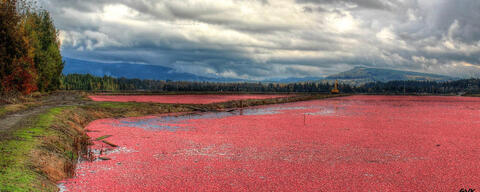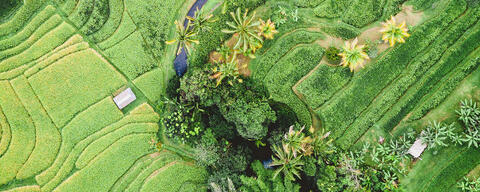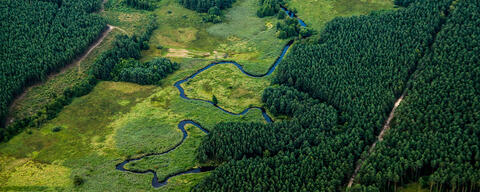Welcome
The Yale Applied Science Synthesis Program (YASSP) is an initiative of The Forest School at the Yale School of the Environment and the Yale Center for Natural Carbon Capture.
The program connects academic researchers, policymakers, and those managing lands to answer applied questions about how land management decisions affect the services provided by forests, croplands, wetlands, rangelands, and grasslands.
We work with for- and not-for-profit partners that need to make decisions on sustainable land management practices. Our work focuses on the regional context within which local management decisions are made, to help maximize ecosystem benefits provided by these land resources, such as carbon storage, sustainable food production, and biodiversity. Our mission reflects the founding principles of The Forest School, which was first established in 1900, to develop applied scientific knowledge to guide effective stewardship of the nation’s forests. Core support for our work is funded by the Yale Center for Natural Carbon Capture and the Yale School of the Environment, including The Forest School where the program is housed. Additional project funding and data support has come through the Ecosystem Services Market Consortium, Environmental Defense Fund, Firuza Foundation, General Mills, Hudson Carbon, Lawrence Livermore National Lab, Climate Works Foundation, and Ocean Spray, Inc.
Highlights
Invasive species are a threat to biodiversity and the health of native ecosystems; learning about them is part of the solution.
Dr. Sara Kuebbing is interviewed by host, Griff Griffith, on the Jumpstart Nature podcast about invasive species: how they are defined, their impacts, and what we can do about them. Listen to the episode “#9 Invaders Your Yard: The Hidden Dangers of Invasive Species”.
Forests are an incredible resource for early action in carbon dioxide removal.
We share an overview on forests as an important carbon dioxide removal resource. Highlighted is an analysis of forest restoration and management actions and estimations of their CO2e removal potential with Climate Now’s, James Lawler. You can learn more about Roads to Removal and download the report here.
It is feasible to quantify the effect of agricultural practices on soil carbon stocks through sampling.
We evaluate the ‘infeasibility assumption’ that we cannot empirically measure change in soil carbon stocks using high-density, within-field, sampling data from 45 cropland fields inventoried for soil carbon.



